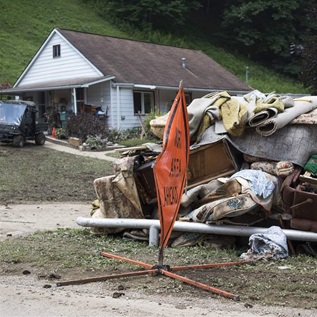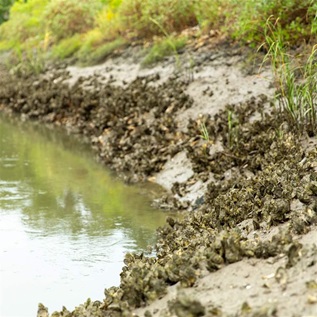Holder: States to Get Support for Juvenile Reforms
In a Sept. 26 speech to the Congressional Black Caucus, Attorney General Eric Holder recognized Georgia, Hawaii, and Kentucky for passing legislation to improve their juvenile justice systems and announced that they will receive federal funds to support implementation of their new laws’ provisions. The state reforms rely on research-based practices to protect public safety, hold youth accountable, and reduce corrections costs.
"Under this brand-new initiative, three states … are working with the Pew Charitable Trusts’ public safety performance project to provide diversion alternatives, community-based options, and other reforms aimed at reducing recidivism, decreasing correctional spending, and improving public safety—all while reducing the number of youth who come into contact with the criminal justice system,” Holder said. “To support this work, I’m pleased to announce that our Office of Juvenile Justice and Delinquency Prevention is awarding funding to the Crime and Justice Institute to provide training and technical assistance that will help these three states implement important policy changes," he told the audience.
The states developed their juvenile justice reforms with technical assistance from Pew's public safety performance project, which helped them examine relevant data and assess current processes.
Two other states—South Dakota and West Virginia—are considering similar reforms. Among other key changes, these reforms to juvenile justice policies prioritize costly corrections facilities for serious offenders and focus on reinvesting part of the savings into effective community interventions.
Research shows that residential placements for juvenile offenders generally fail to produce better outcomes, cost much more than alternative sanctions, and can increase reoffending for certain youth. The public supports reform as well: A poll of Georgia voters indicated broad support for juvenile justice systems that keep communities safe and hold youth offenders accountable while helping them become productive citizens.
A recent survey of juvenile corrections agencies in all 50 states and the District of Columbia found that 1 in 4 agencies does not regularly collect and report recidivism data, and fewer than half use measures that provide a comprehensive picture of youth reoffending. To continue improving their juvenile justice systems, states considering and implementing these reforms must be able to track data on this key indicator of success.











